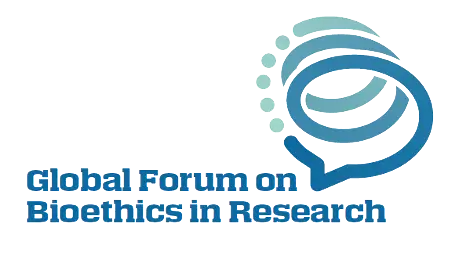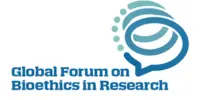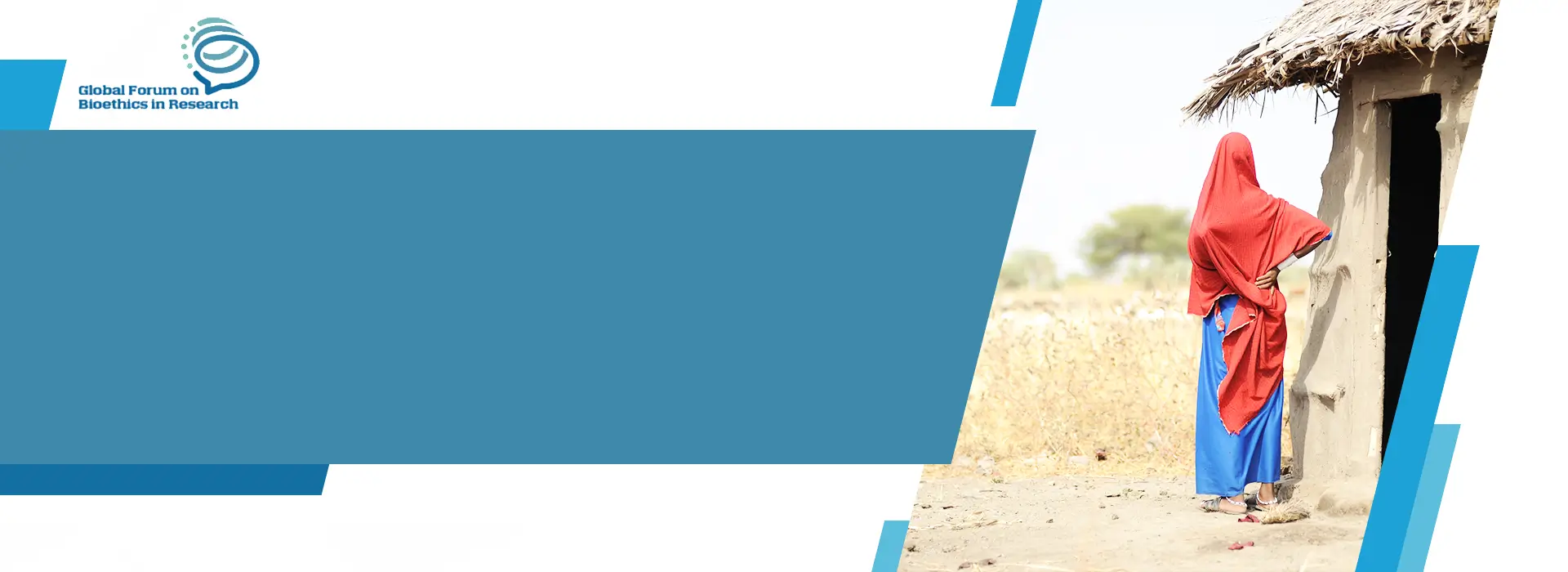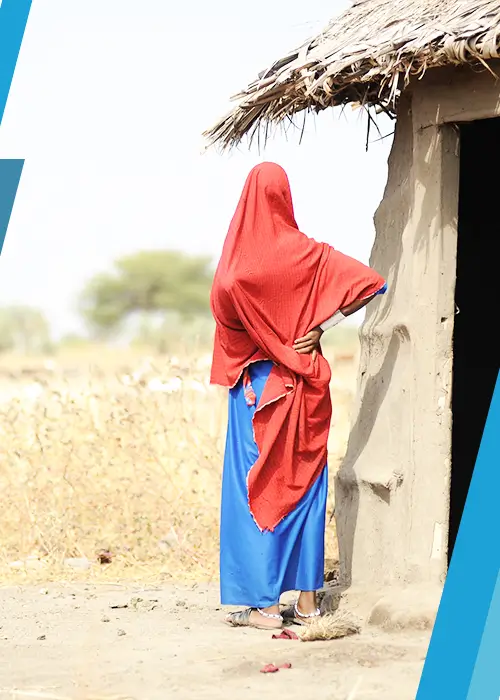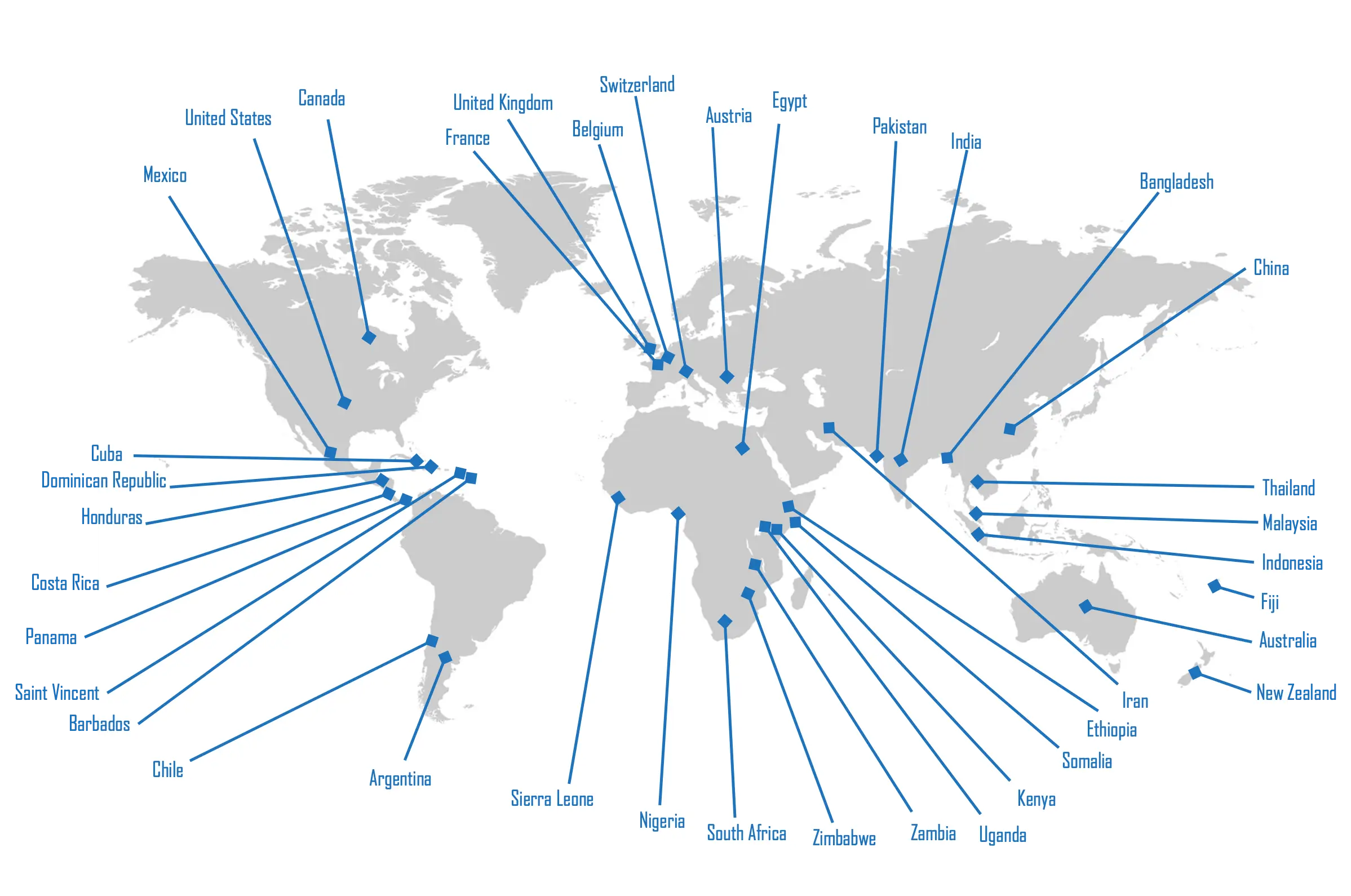Home
About GFBR
The Global Forum on Bioethics in Research (GFBR) brings together researchers, research policy makers and ethicists, among others to share experiences and promote collaboration around research ethics. The Forum is built around case study presentations to ensure that discussion of the ethical issues remain grounded in the practical realities of how research is conducted, particularly in low resource settings. Compared to traditional meetings, GFBR is unique in that it is limited in size and built around small group discussions of case studies that are submitted by participants. The Forum prioritises the participation of colleagues from low- and middle- income countries (LMICs), encourages networking and mentoring, and creates a venue for open and inclusive discussions.
The GFBR programme and case study papers are available on the Agenda page, and you can download the agenda here.
About the meeting topic
GFBR will focus on the ethics of research into health and climate change, including research into interventions at all levels to respond to the health impacts of climate change, with a particular emphasis on LMICs.
Research in this area ordinarily involves the use of rigorous methods to generate data with the aim of better understanding the impacts of climate change on health, including the health of non-human aspects of the biosphere, and identifying means to better protect and promote human and non-human health in the face of climate change. The interdependency of human and non-human health means that research into health and climate change is not restricted to the medical, health or life sciences. Research findings from areas not traditionally associated with health care, such as environmental science, entomology, the veterinary sciences and climatology may be relevant. It follows that this GFBR will take a very broad approach to concepts of health. The importance of Indigenous perspectives and voices in climate change means that GFBR is also inclusive of perspectives and forms of knowledge that stand outside western scientific traditions.
Although the literature on research ethics is well developed, particularly in relation to health research involving human participants, the literature specifically on the ethics of research into health and climate change is far less so. The purpose of this GFBR is to identify and critically engage with areas of ethical challenge in this field, and to provide those involved in research with tools and approaches to respond practically and productively.
Please read the background paper for full details on the meeting topic.
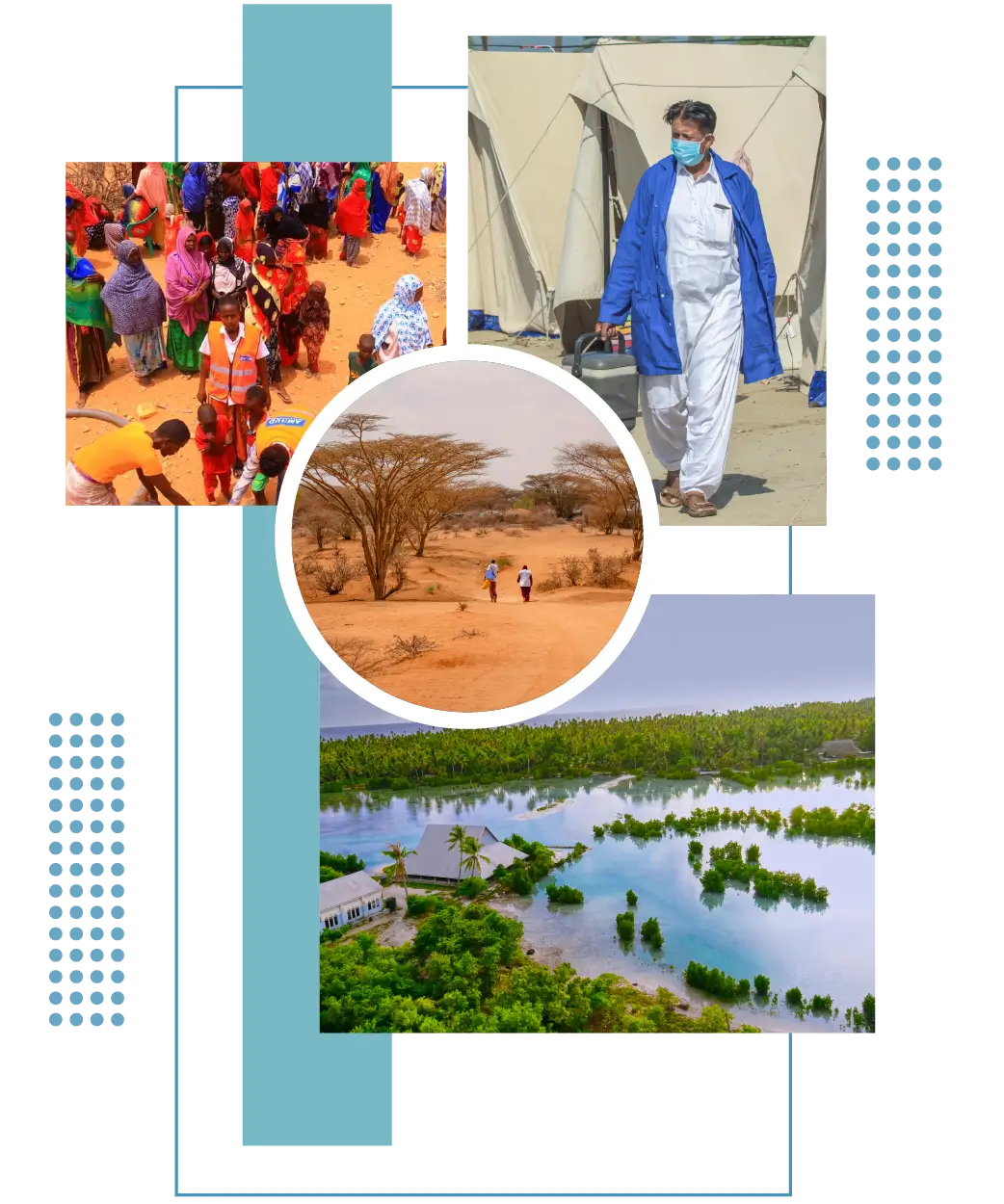
GFBR participants come from 38 countries and a range of disciplines and career stages. See the map of participants’ countries below.
Image credit: Banner: TDR-IDRC Research initiative on vector borne diseases in the context of climate change: Predicting vulnerability and improving resilience of the Maasai communities to African trypanosomiasis in Tanzania. © WHO / Andy Craggs. Collage, top left: Drought photos from the field in Garowe, Somalia. © WHO / Mukhtar Sudani. Collage, top right: Measles- Rubella Campaign in Flood Affected Districts in Pakistan. © WHO / Rahim production. Collage, centre: Kenya: Oral cholera vaccination campaign and drought response. © WHO / Billy Miaron. Collage, bottom: Aerial view of a flooded community in Kiribati, a global warming and climate change effect. © WHO / Yoshi Shimizu.
